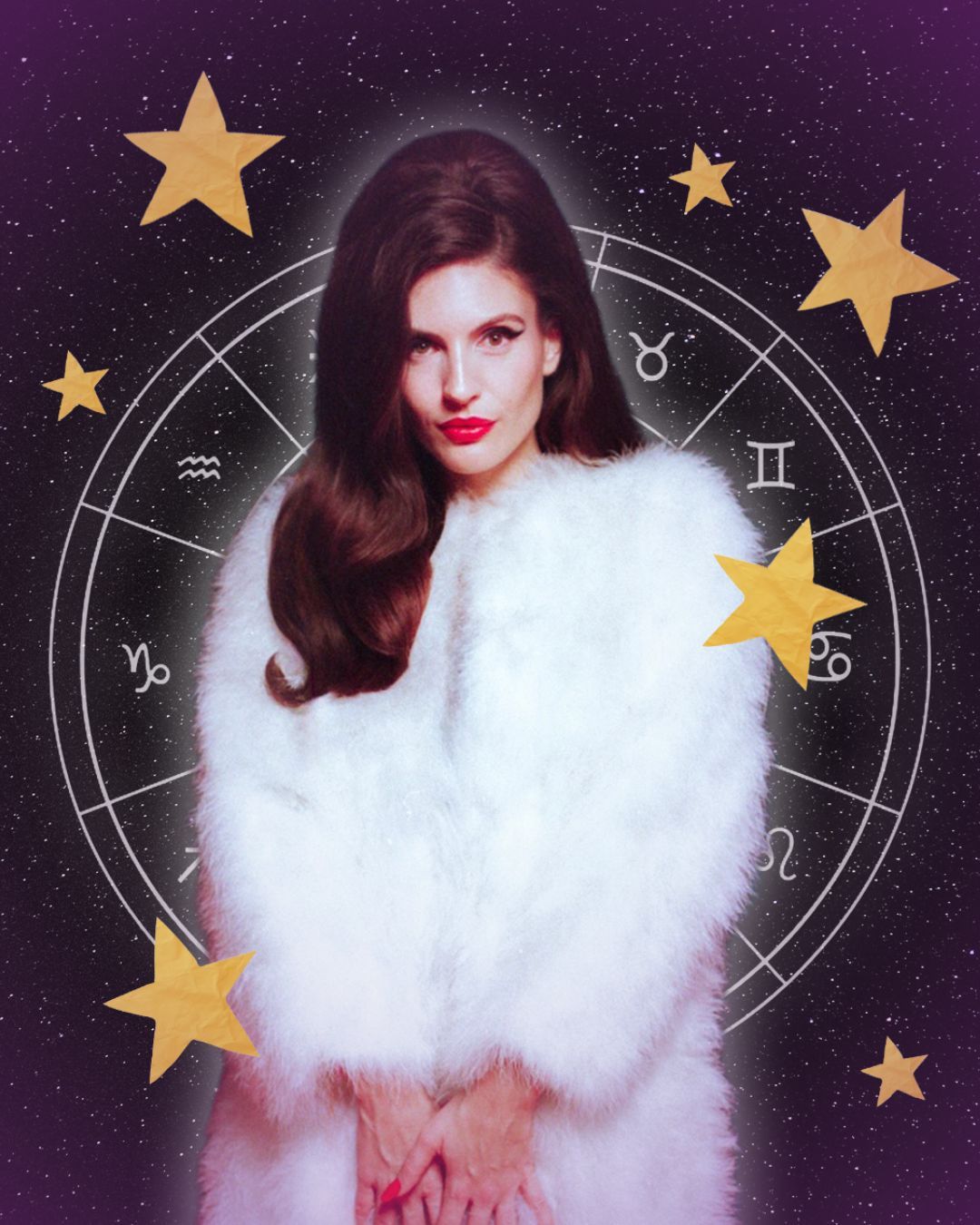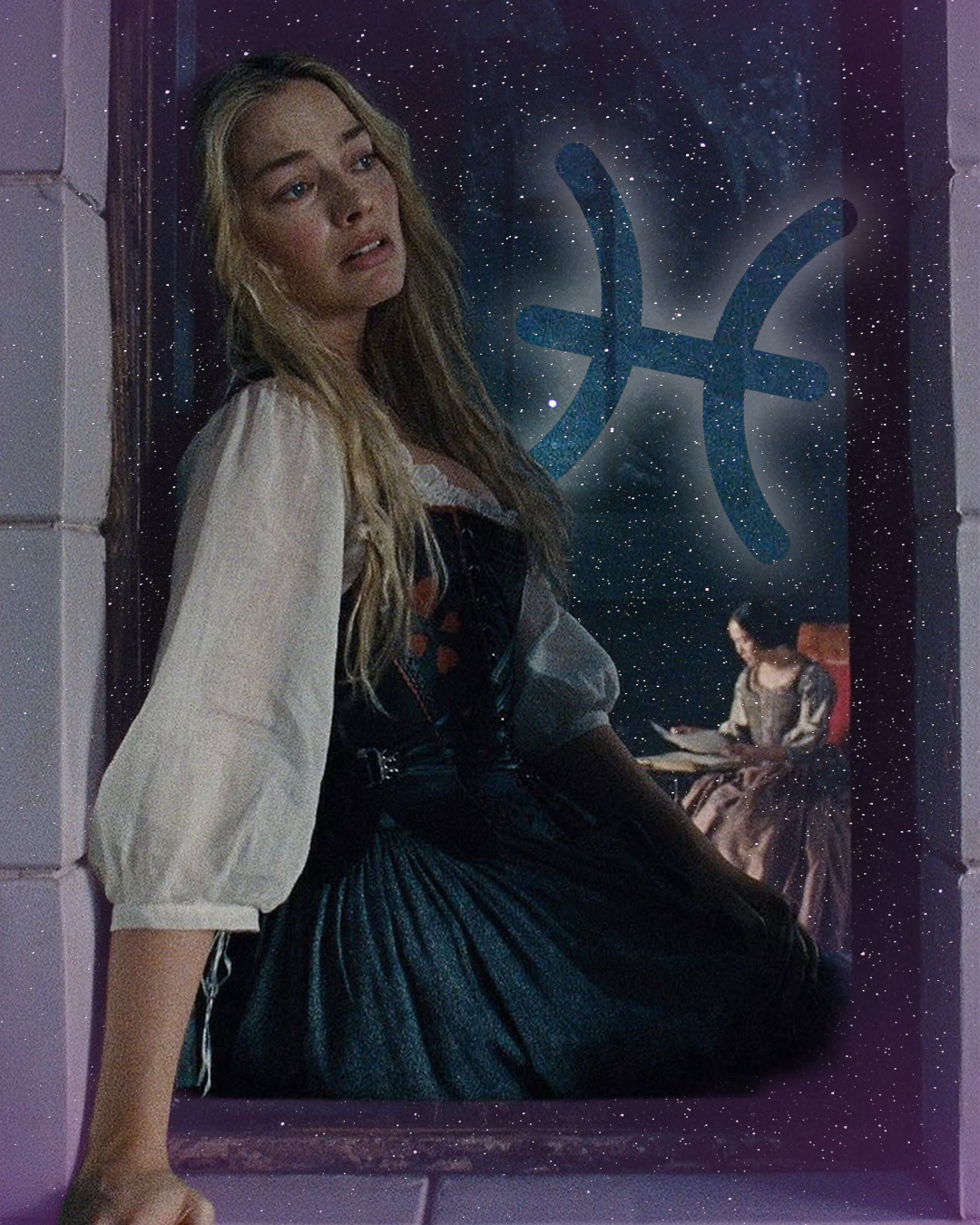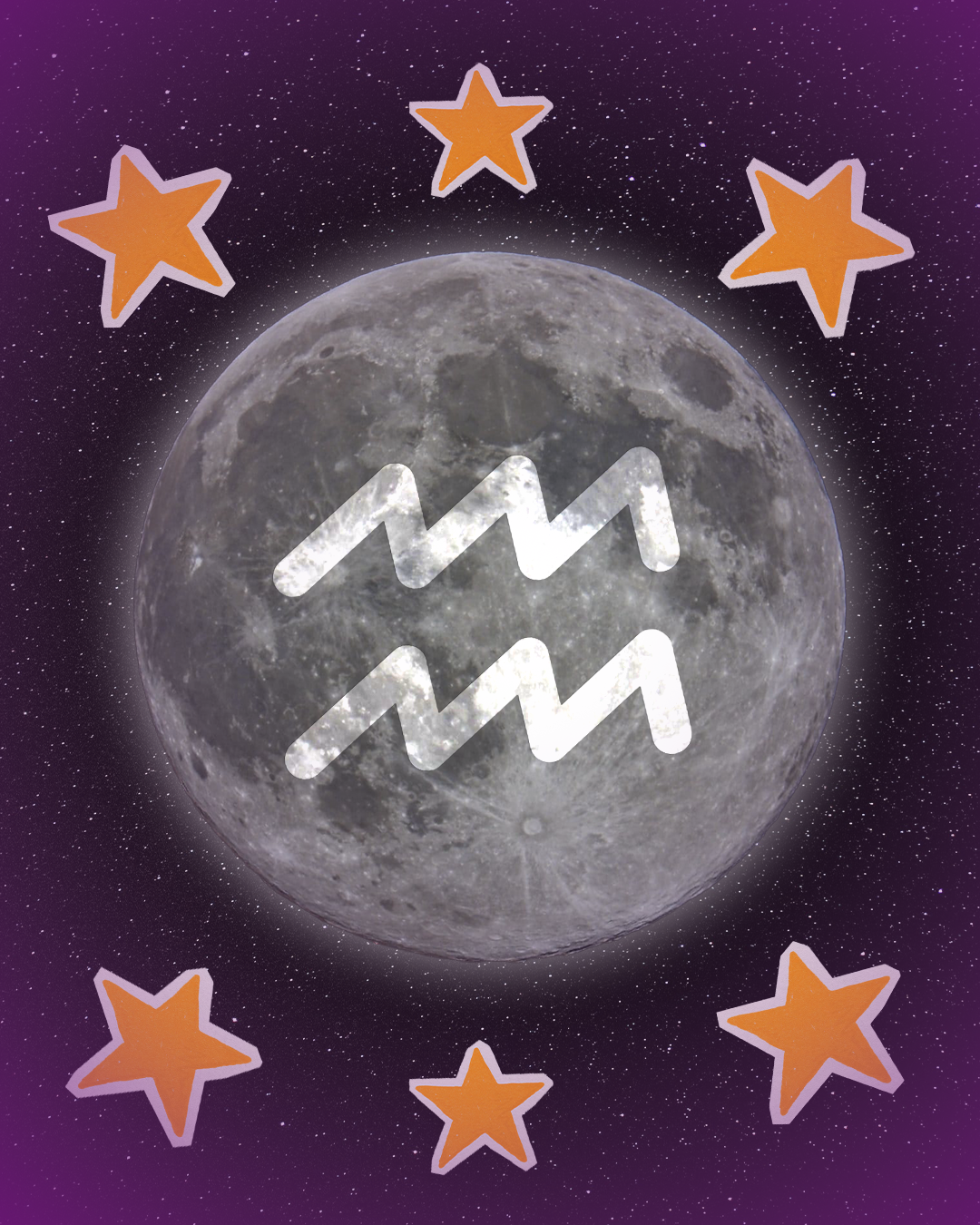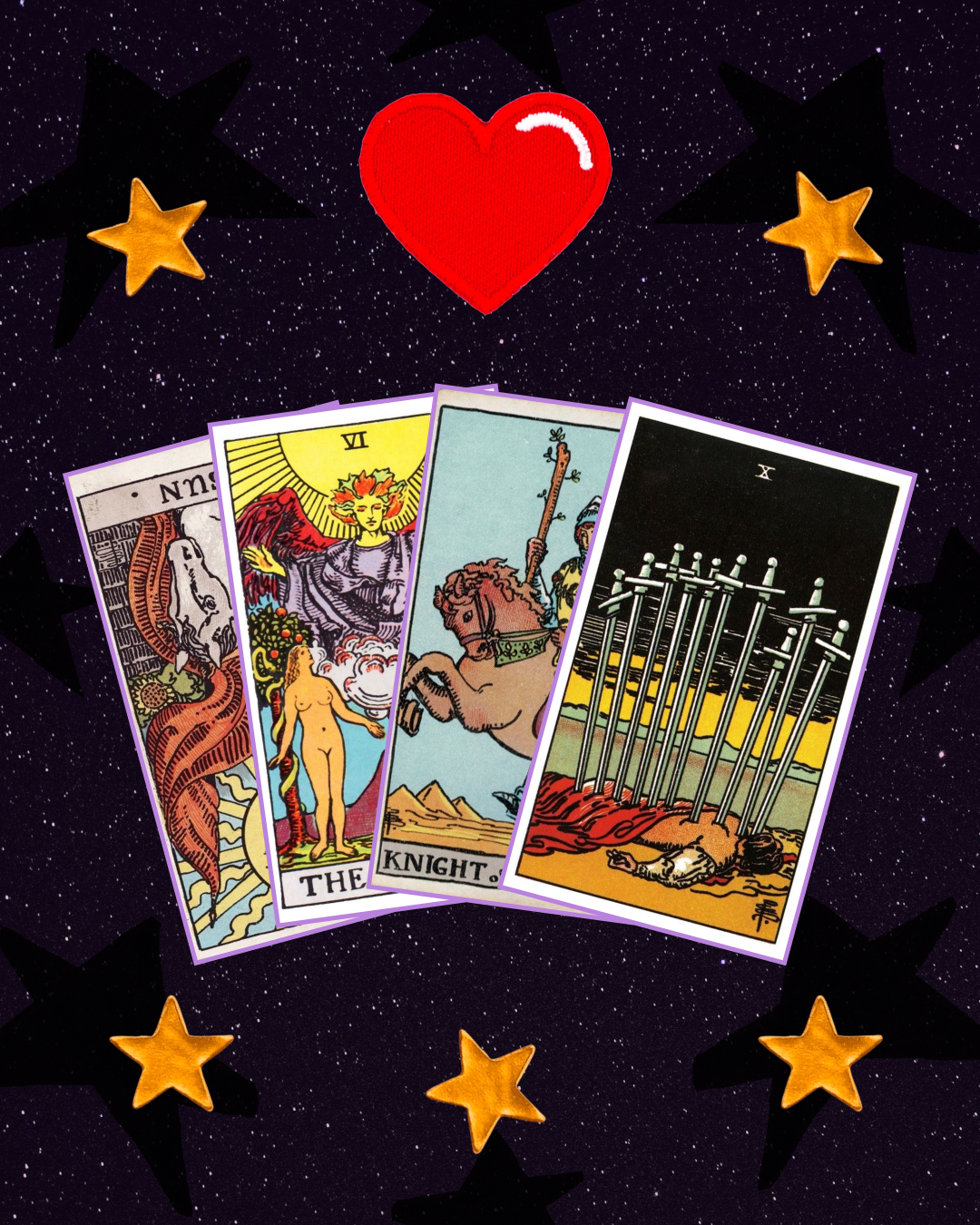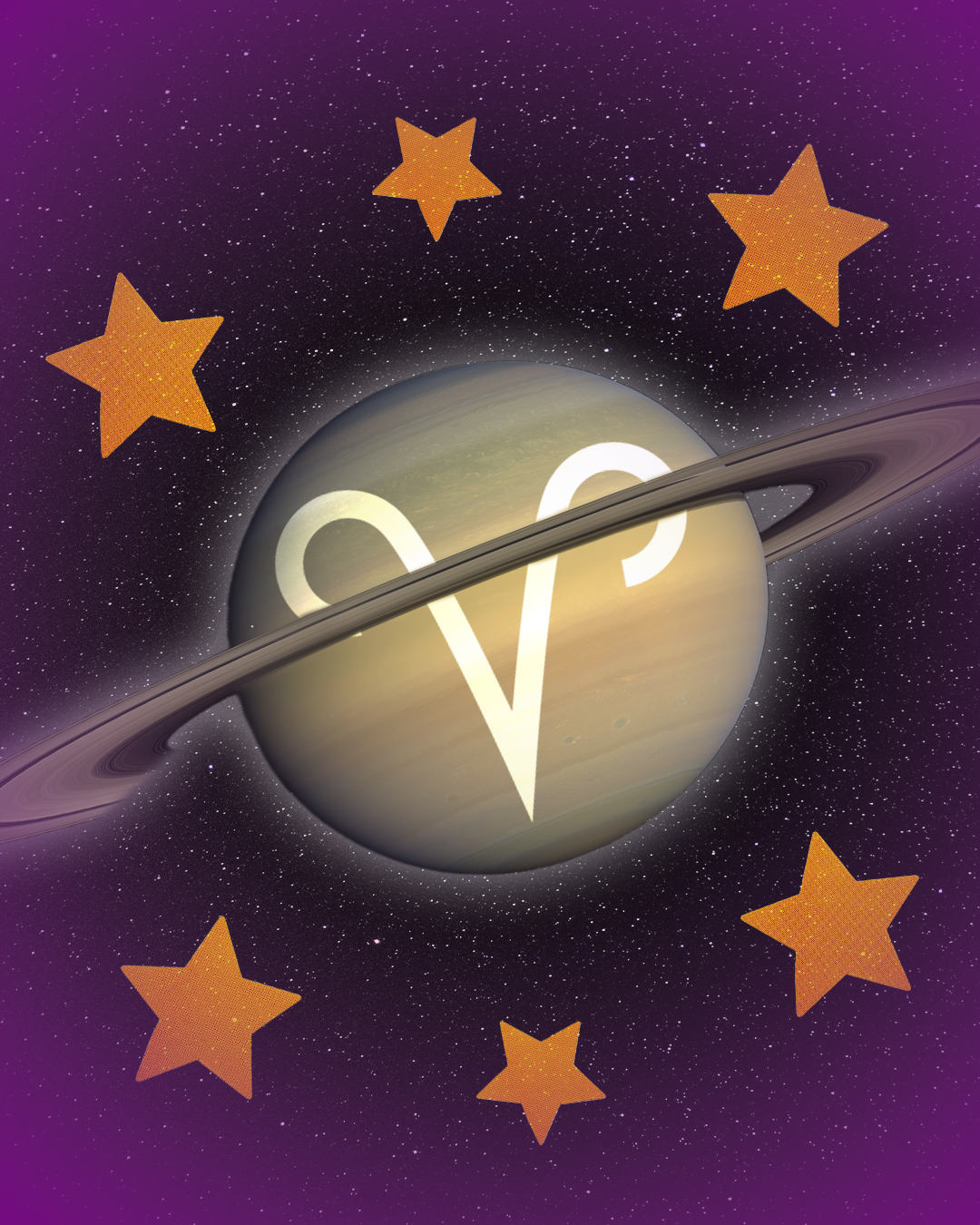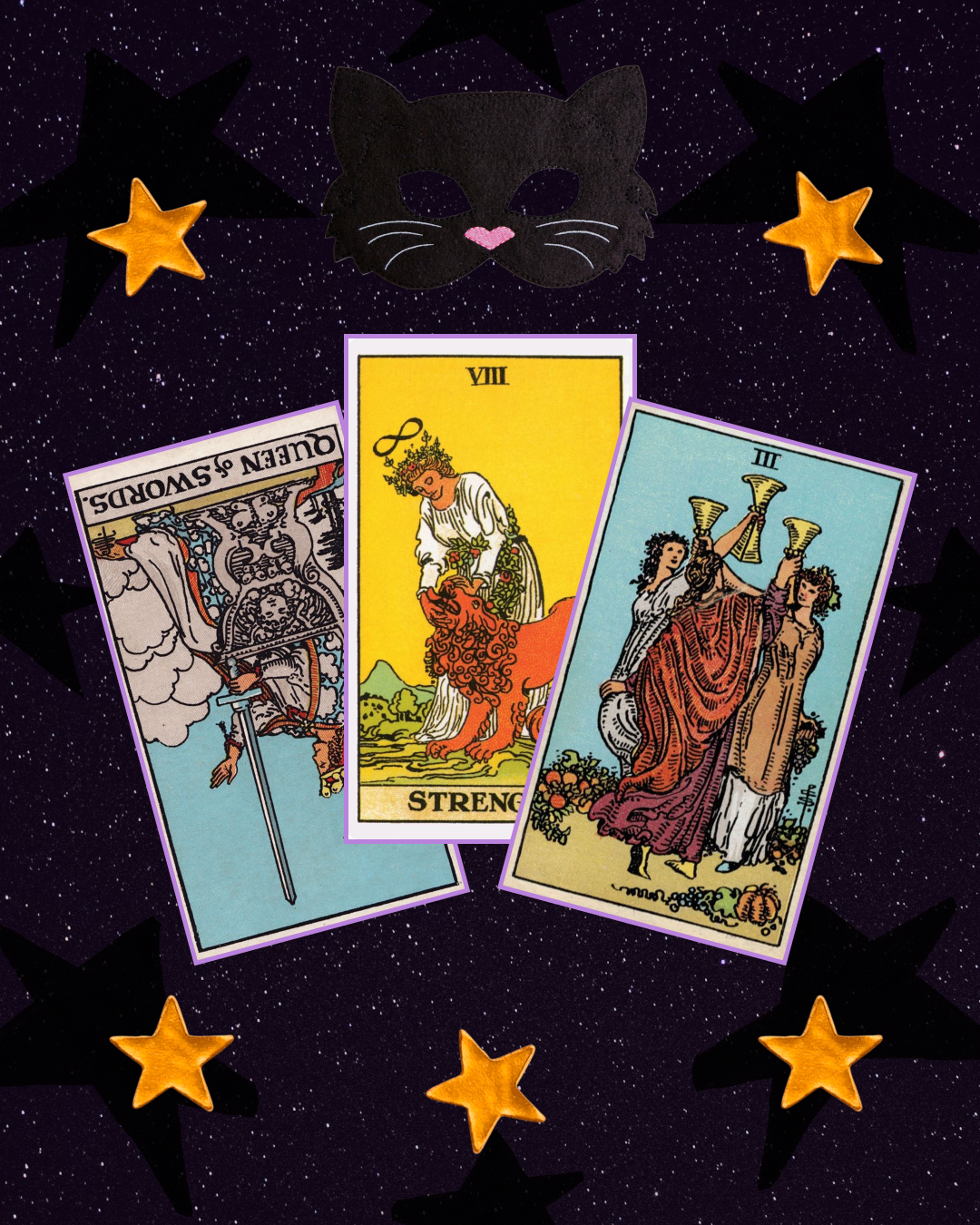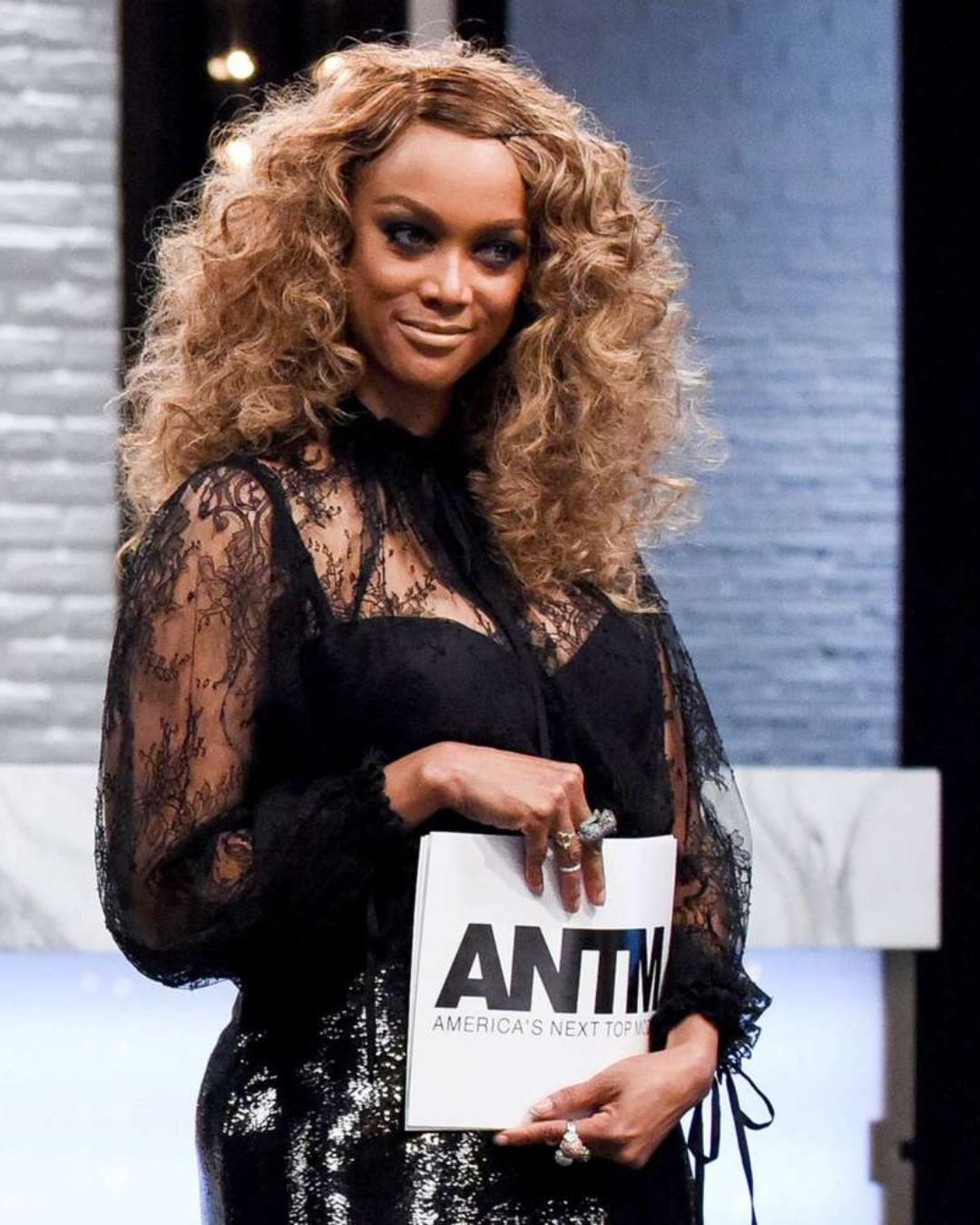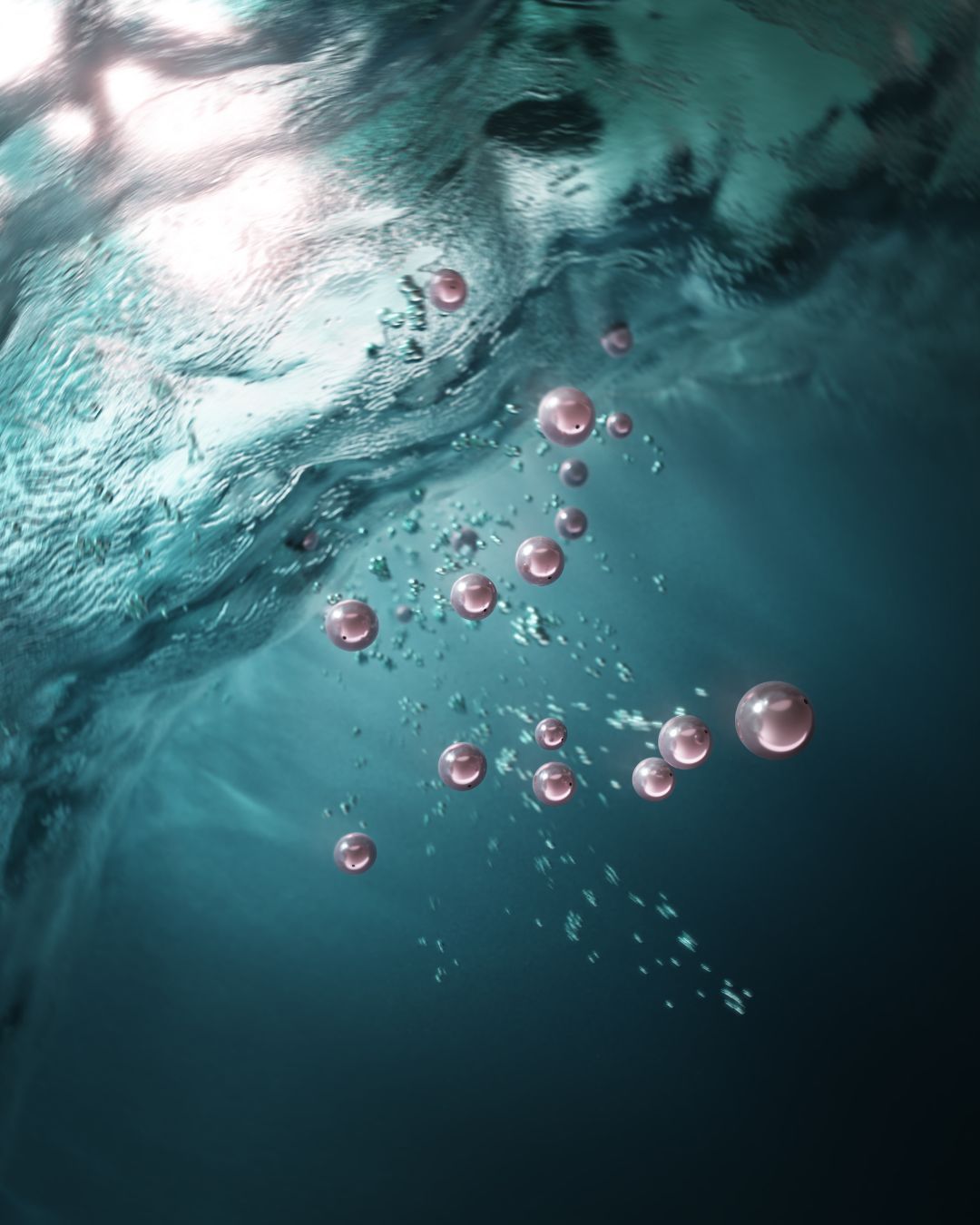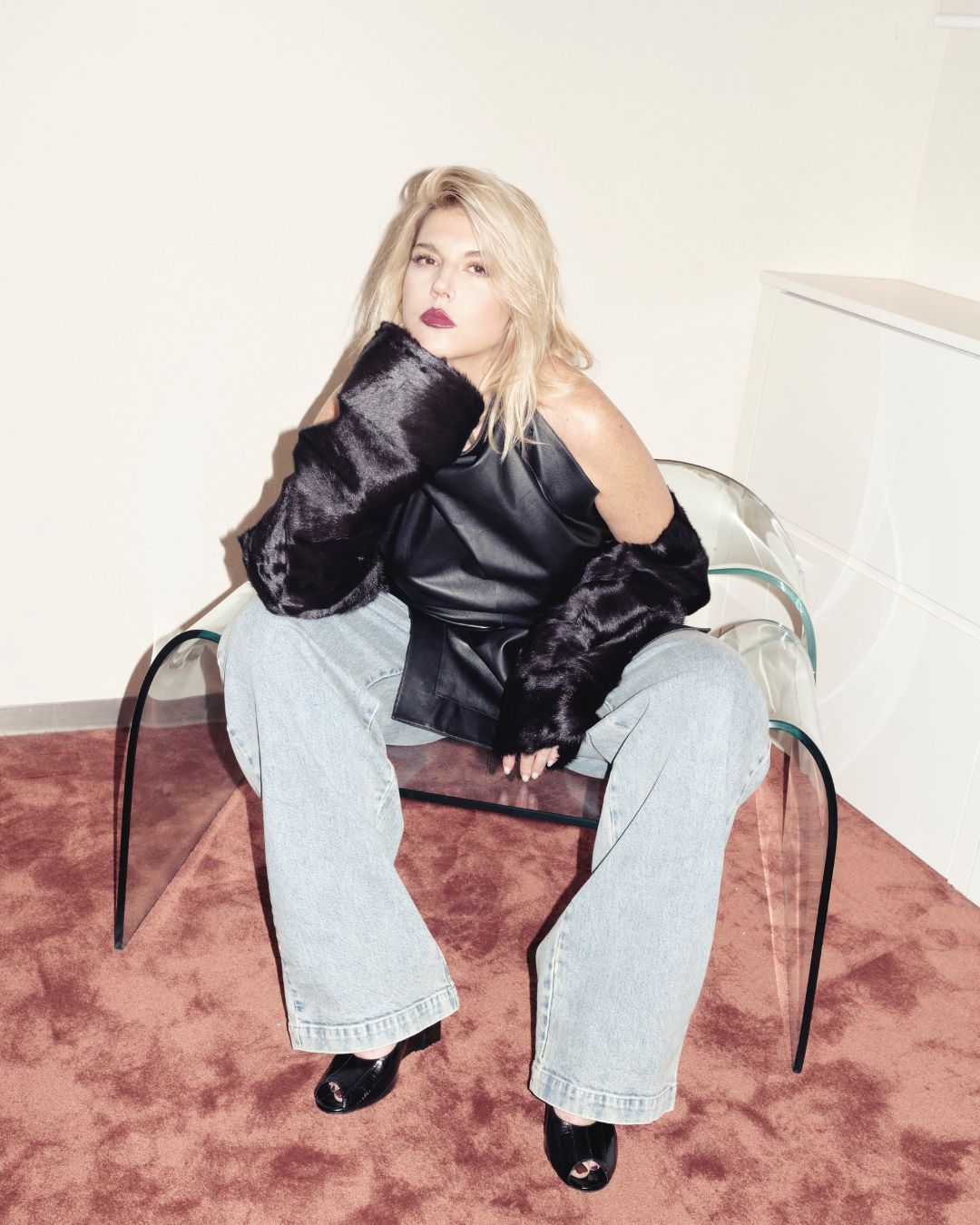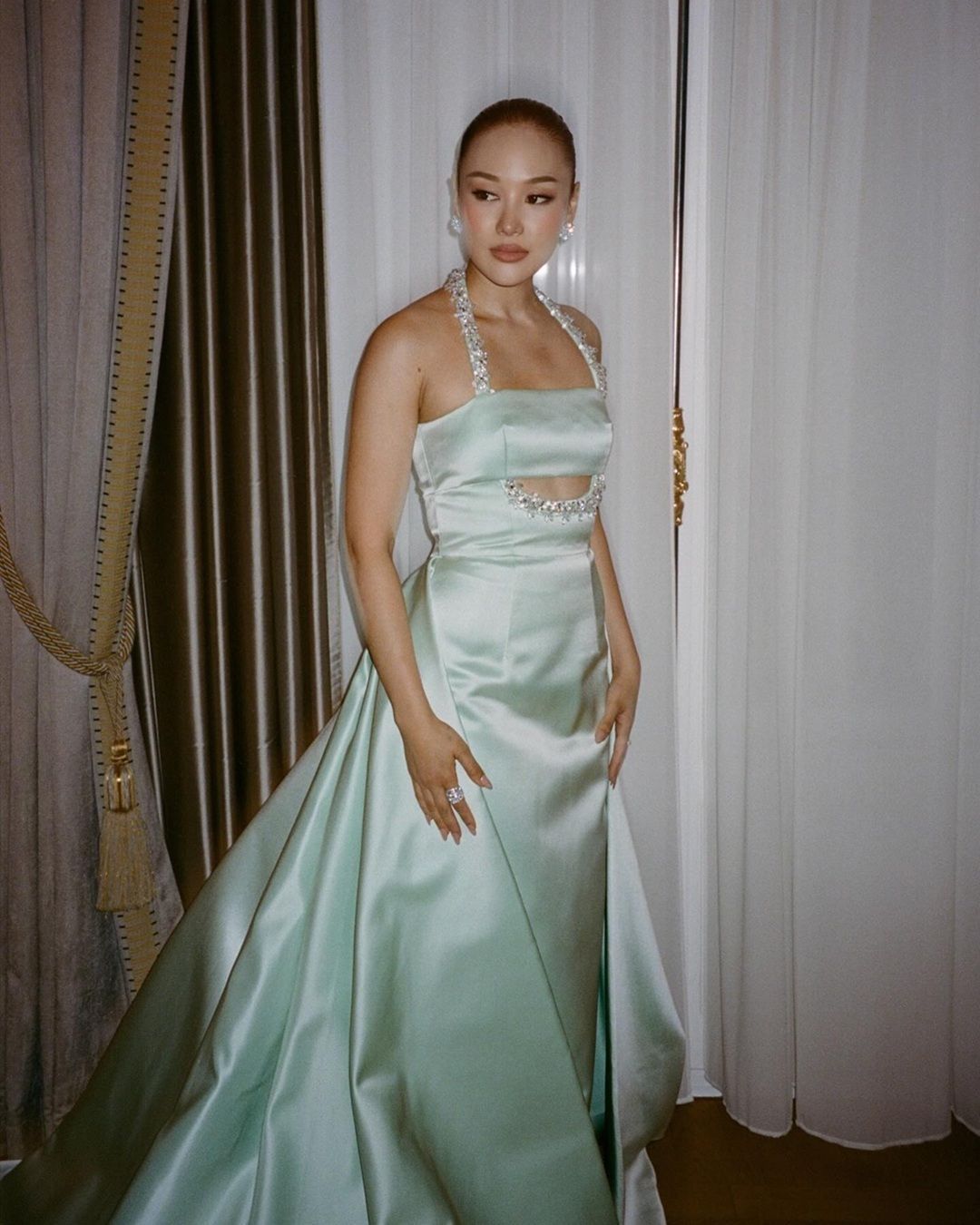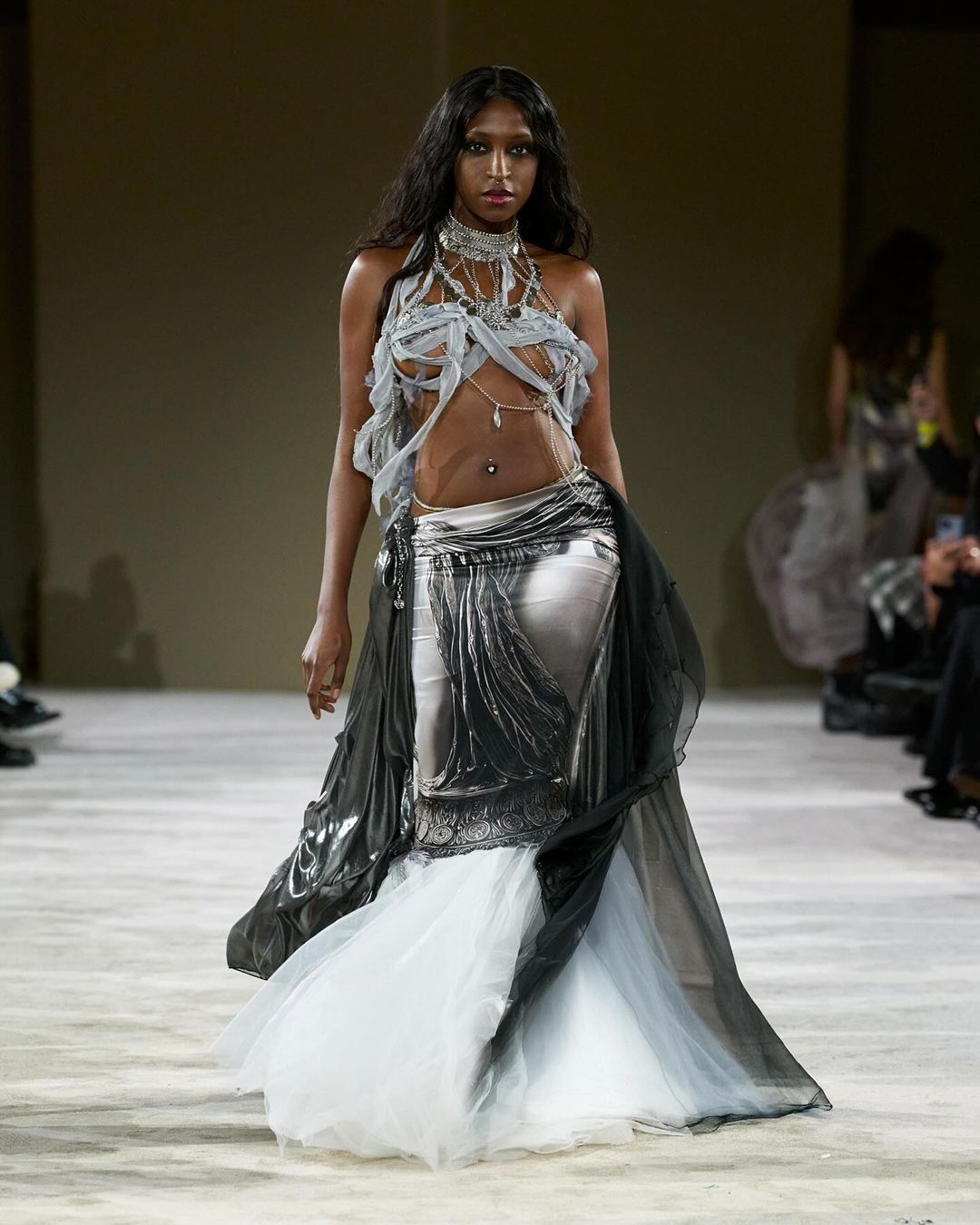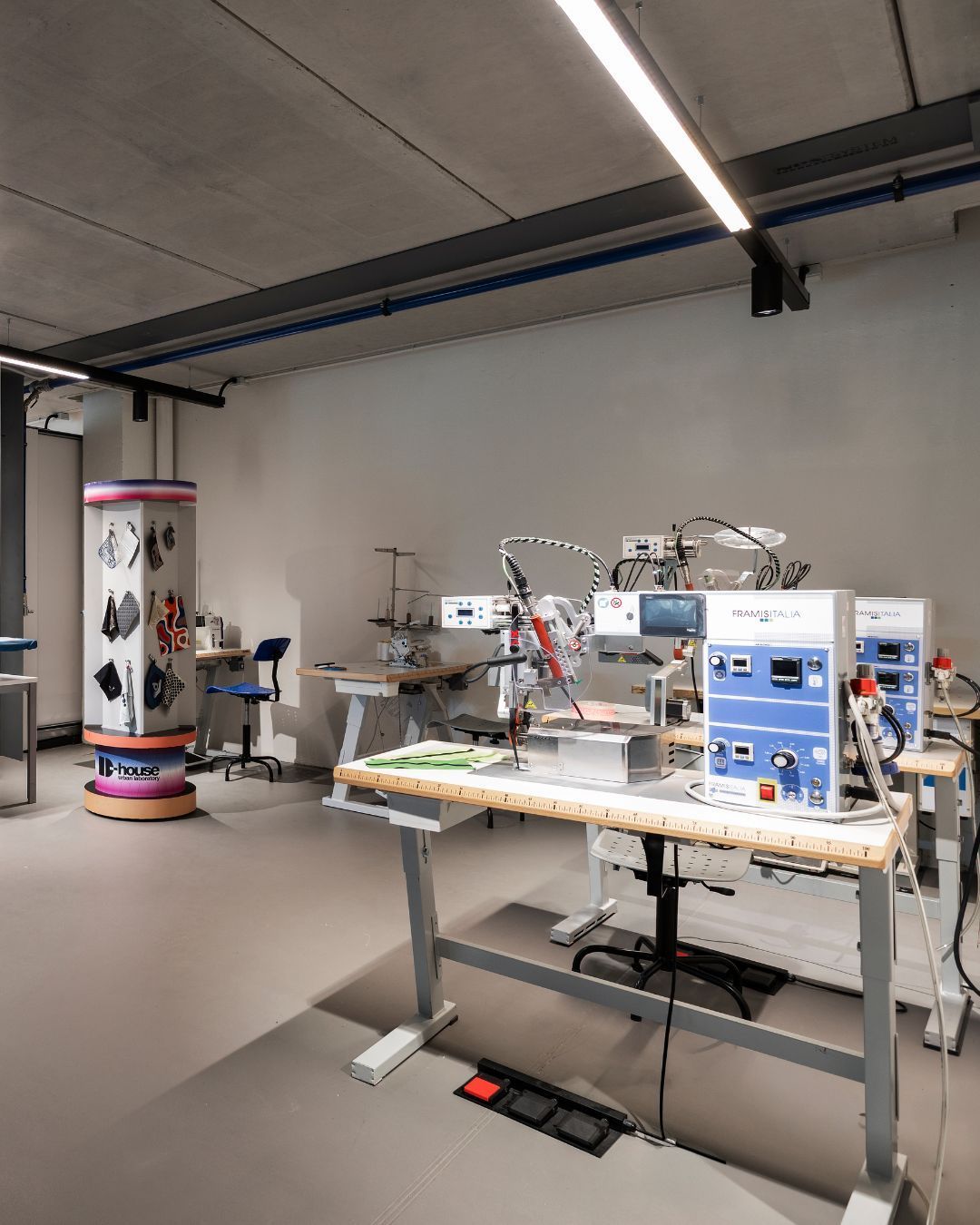
The stars you never thought had ever taken part in Eurovision. Did you remember them all?
It’s well known that the Eurovision Song Contest has given rise to real music stars—take our very own Måneskin, for example, who saw their career skyrocket internationally after Rotterdam 2021. Or viral songs that blew up on social media, like Snap by Rosa Lynn (competing for Armenia in 2022), or Arcade by Duncan Lawrence, which only gained global popularity more recently, despite winning ESC 2019 (yes, the year Italy came in second with Mahmood and Soldi). Over the years, several countries have selected artists who were either on the verge of becoming huge—or already famous—and many went on to build impressive careers. Eurovision started in 1956, and by 1970 Julio Iglesias (yes, Enrique’s father, and the voice behind Se mi lasci non vale) was representing Spain—while Gianni Morandi took the stage for Italy. Let’s take a look at the stars—some once newcomers—who’ve stood under the Eurovision spotlight.
Did You Know? These Artists Took Part in the Eurovision Song Contest!
ABBA (1974): No introductions needed for one of the most iconic pop groups in music history. ABBA (named after the initials of its members: Agnetha, Björn, Benny, and Anni-Frid) represented Sweden at the 1974 Eurovision held in Brighton, UK, and won with the soon-to-be-hit Waterloo. The group had formed only two years earlier, in 1972, and would officially part ways in 1982 after selling millions of records. Waterloo was also featured in the soundtrack for the 2008 box office smash musical film Mamma Mia!, which included all of the band’s biggest hits.
Olivia Newton-John (1974): The same year as ABBA, the future Sandy from Grease, Olivia Newton-John, took the stage for the host country - the United Kingdom - with her song Long Live Love. Grease would hit theaters in 1978, but Eurovision (and her fourth-place finish) was an early career milestone for the singer/actress. That year, she also charted two singles on Billboard, earned two Grammys and a gold record. Sadly, she passed away in 2022 after a battle with breast cancer, at the age of 74.
Celine Dion (1988): In 1988, Switzerland chose a Canadian singer - already a success in her home country but largely unknown elsewhere - to represent them in Dublin. That artist was none other than Celine Dion, whose victory that year launched her into global stardom. It’s hard to imagine that, just nine years later, she would record one of the most iconic movie soundtracks of all time - Titanic - and become one of the most recognizable voices in the world. But it all started with her winning Eurovision track, Ne Partez Pas Sans Moi.
Las Ketchup (2006): That’s right—the group that gave us Asereje back in 2002 took the Eurovision stage in 2006 in Athens, representing Spain with their track Un Bloodymary. The three sisters ended up in 21st place, and that marked one of their final performances (if not the very last) before disbanding. They were never quite able to recapture the magic of their first viral hit. That year’s Eurovision winners? Finnish heavy metal band Lordi, who also launched their career from that very stage and are still active today.
Blue (2011): The year Italy returned to Eurovision after a 13-year break, the UK brought out one of their biggest early-2000s names—boyband Blue, who hadn’t performed together since disbanding in 2005. They came in 11th. That year, for the first time, the BBC itself selected the UK entry. Ultimately, the winner was Azerbaijan, with Raphael Gualazzi bringing Italy a strong second-place finish. Blue are well known in Italy for the localized version of their hit Breathe Easy, rewritten in Italian by Tiziano Ferro as A chi mi dice, back in 2004.
Flo Rida (2021): One of the most unexpected appearances in recent years came when American rapper Flo Rida—known for 2010s anthems like Whistle and GDFR—joined Italian singer Senhit to represent San Marino at ESC 2021 in Rotterdam. Their song, Adrenalina, made it to the final night but finished 22nd out of 26 entries.
Other notable participants include t.A.T.u, who represented Russia in 2003 in Riga and placed third; DJ Bobo—of early 2000s hit Chihuahua—who represented Switzerland in 2007, placing 20th; and Paolo Meneguzzi, the Italian pop artist who competed for Switzerland in 2008. In 2013, Italy was represented by Marco Mengoni with L’essenziale, while the UK brought out Bonnie Tyler of Total Eclipse of the Heart fame, and Germany responded with Cascada, best known for Everytime We Touch and Evacuate The Dancefloor. Both ended up near the bottom of the rankings—20th and 21st, respectively.






